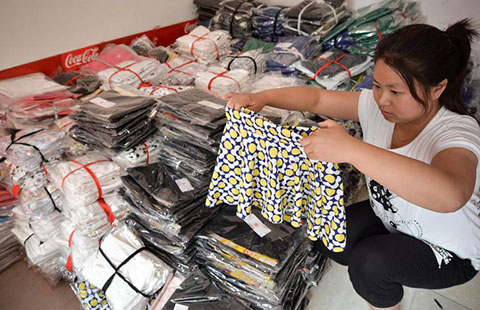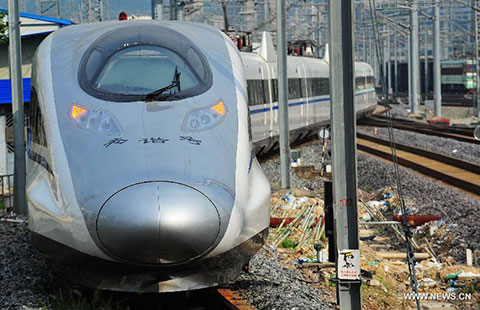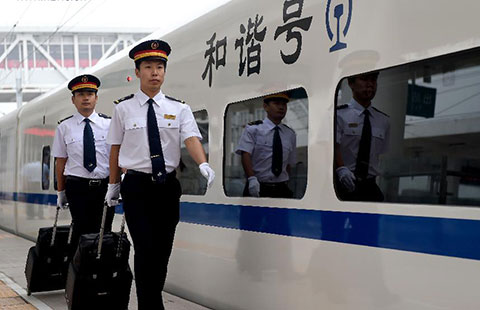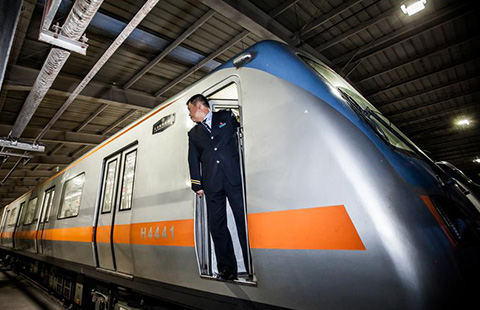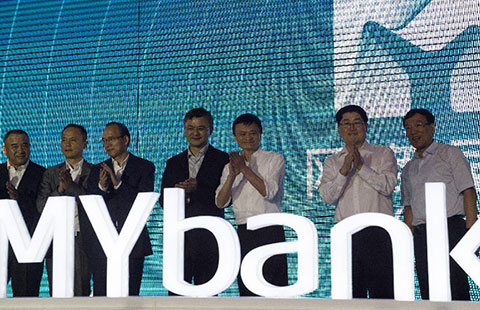China gets 30% stake in AIIB as bank takes shape
By Zheng Yangpeng (chinadaily.com.cn) Updated: 2015-06-29 10:13
|
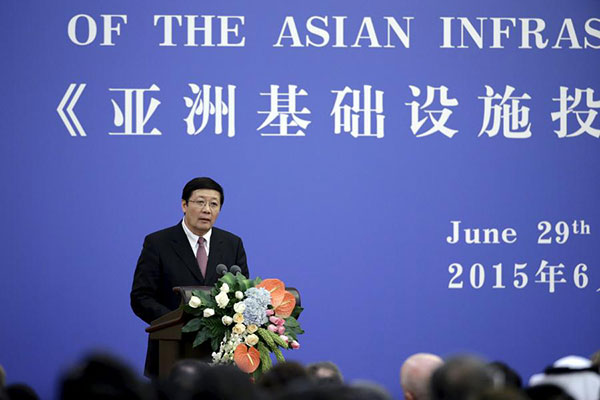 |
|
China's Finance Minister Lou Jiwei speaks at a signing ceremony of articles of agreement of the Asian Infrastructure Investment Bank (AIIB), at the Great Hall of the People in Beijing, June 29, 2015. Lou said on Monday he was confident the Asian Infrastructure Investment Bank (AIIB) could start functioning before the end of the year. [Photo/Agencies] |
Representatives of the 50 prospective founding members of the Asian Infrastructure Investment Bank on Monday morning signed the bank's articles of agreement (AOA), laying the ground rules for officially inaugurating the multilateral lender.
The rest of the seven prospective founding members have not yet signed the agreement as they are waiting for domestic approval.
The AOA, the bank's mini-constitution, underpins the fundamental principles for the establishment and future operations of the AIIB. The signing wrapped up a six-month behind-the-scene intense negotiation and paved the way for establishing the bank before the end of this year.
According to the AOA, China will contribute $29.78 billion of the bank's $100 billion capital base, becoming the largest shareholder within the bank with a 30.34 percent stake in AIIB. Under the formula that also factored in possible new members' share and prospective founding members' rights, China got 26.06 percent of the total votes.
Seventy-five percent of the shares are distributed among countries within the Asian region while the other 25 percent are assigned among countries beyond the region. As the bank expands its membership in the future, countries beyond the region can expand their share but the portion cannot be bigger than 30 percent.
The bank will be headquartered in Beijing, with possible regional centers in other countries. The official working language is English.
There are some other innovation, such as the non-resident, non-paid board of directors. Public procurement of the AIIB will be open to all countries around the world, instead of within member countries.
"The AIIB will adopt international good practices and embrace high standards, striving to build a professional, efficient and clean platform for infrastructure investment," Finance Minister Lou Jiwei said in an op-ed published in China Daily.
After signing the agreement, representatives of prospective founding members will bring the agreement back to their countries for legal adoption processes. The bank can be legally valid as long as more than 10 countries, with their total subscribed capital no less than 50 percent of the total capital, get the charter approved by their legislatures.
- Renminbi deserves inclusion in IMF currency basket
- Zhanjiang seeks opportunities on back of belt and road initiative
- New Zealand praises 'well-run' Asian Infrastructure Investment Bank
- Signing of AIIB agreement is historic step
- China's vocational institutions train 130m in 19 years
- Overseas Chinese entrepreneurs to convene in Beijing
- Biggest swing since 1992 sends stocks lower
- Philippines mulls membership in AIIB
